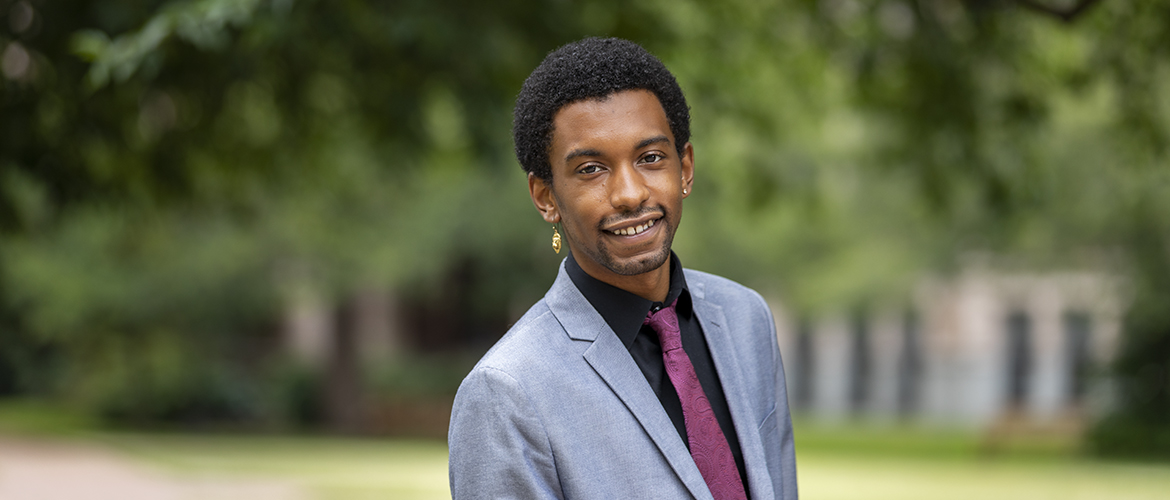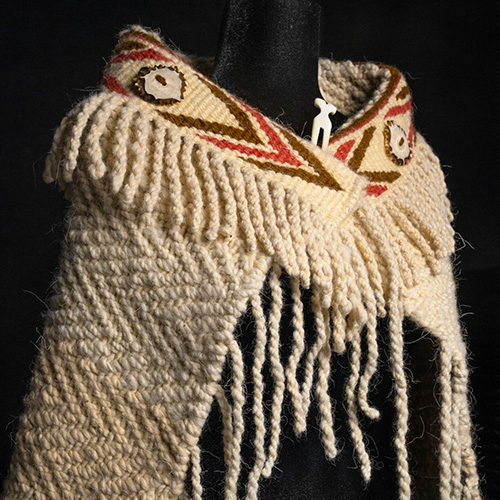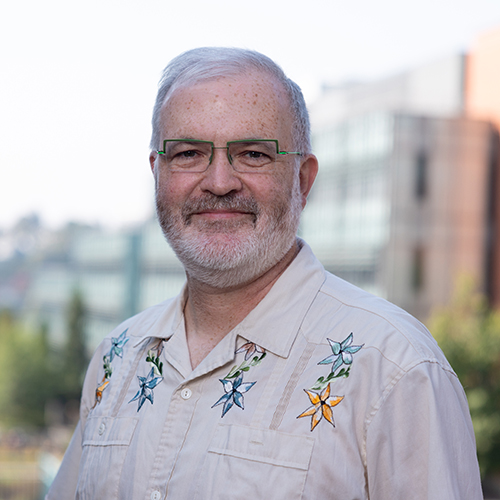
Before Darius Presley (BA, Communication, 2020) took his first communication course at the UW, he struggled to find a major that was the right fit. The course changed everything. “It opened my eyes up to what communication could be used for,” Presley says. “A lot of the world’s problems are based on miscommunication.”
After switching his major to communication, Presley had the opportunity to work with Communication Professor Ralina Joseph on a community project in collaboration with the Northwest African American Museum (NAAM), based on her UW “Interrupting Privilege” course. The course, open to all students, explores race and privilege. The NAAM collaboration also included high school students, community college students, and members of the broader community — about 50 participants — for a facilitated, intergenerational conversation on challenging topics around race.
I’d like to continue to be part of the conversation. There’s so much more for me still to learn.
Presley was excited to work with Joseph, having taken a class with her. “In her class, I loved how engaging she was with students,” he recalls. “With this project, I got to see how she was able to bring people out and really help them communicate their story. She was the ideal professor for this. She brought so much heart to it.”
For the NAAM collaboration, Joseph invited only people of color, to see how the conversation differed from the UW course. Presley was intrigued by that decision, which had an impact on everyone involved. “Every time we talk about race in my classes, it is mostly with white people,” he says. “I don’t think I’ve ever been in a room talking about race with that many Black people before. People could be more candid about what they’ve experienced and microaggressions they’ve faced. I think it really benefited a lot of people.”'

While Presley helped Joseph with the project, including interviewing participants about their personal goals, he was also a participant. He was as affected by the experience as everyone else. “For me, this program came at such a good time,” he says. “Before that, I’d thought about race, but I hadn’t thought about all the intersectionalities of being Black -- how people experience it differently due to gender, education, and other things. I hadn’t realized that being college educated, I’m privileged myself. It opened my eyes to how much I thought I knew but did not.”
Presley’s involvement was supported by a Flip Wilson Scholarship, funded by the estate of American comedian and actor Flip Wilson. The scholarship helps outstanding students who seek a career in communications. Presley first heard about the scholarship from Communications Professor Kathleen Fearn-Banks, who encouraged him to apply while he was in her class—one of his first communication classes after becoming a major.
“I was very surprised when Professor Fearn-Banks reached out to me,” says Presley. “I’d been having a hard time, wondering if I even belonged at the UW. To have her notice me that way made me realize I did belong. It came out of nowhere at the most opportune time.”
The Interrupting Privilege project with NAAM ended before the death of George Floyd and the protests that followed. With the current surge in conversations around race, Presley anticipates an even greater interest in such a project or UW class the next time it is offered. He hopes he can participate again, even as a volunteer.
“I’d like to continue to be part of the conversation,” he says. “There’s so much more for me still to learn.”
More Stories

A Healing Heart Returns
In February, the UW Symphony will perform a symphony that Coast Salish elder Vi Hilbert commissioned years ago to heal the world after the heartbreak of 9/11. The symphony was first performed by the Seattle Symphony in 2006.

Coast Salish Traditions are "Woven in Wool" at the Burke
A Burke Museum exhibit, co-curated by Coast Salish weavers and Burke curators, highlights the importance of weaving to Coast Salish communities.

Demystifying Quantum
In a physics course for non-STEM majors, Professor Miguel Morales teaches quantum mechanics without the advanced mathematics most quantum courses require.